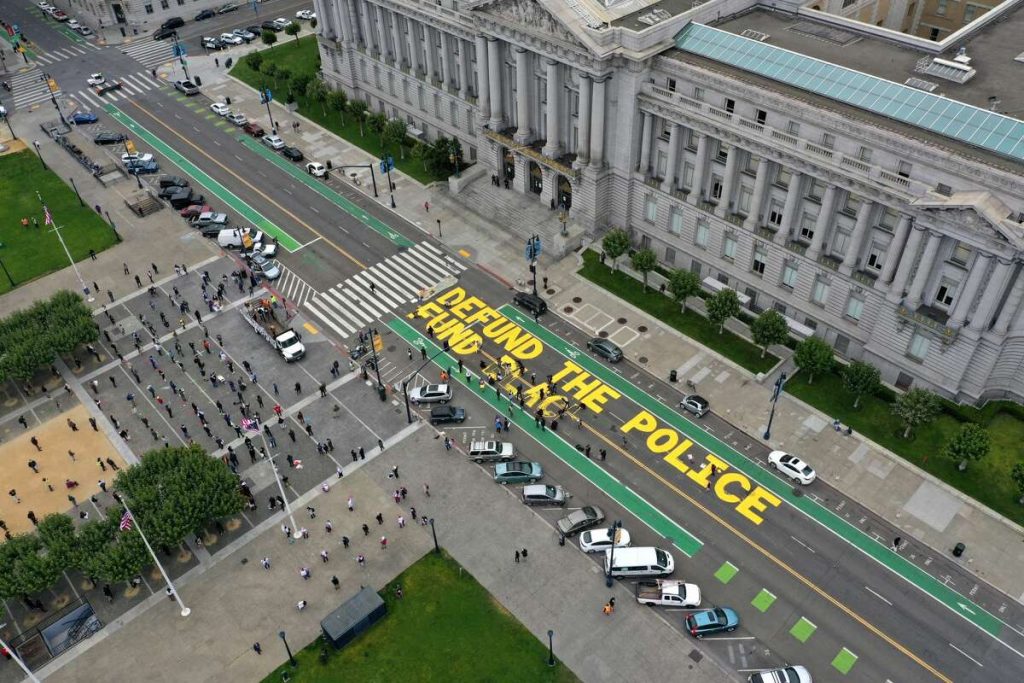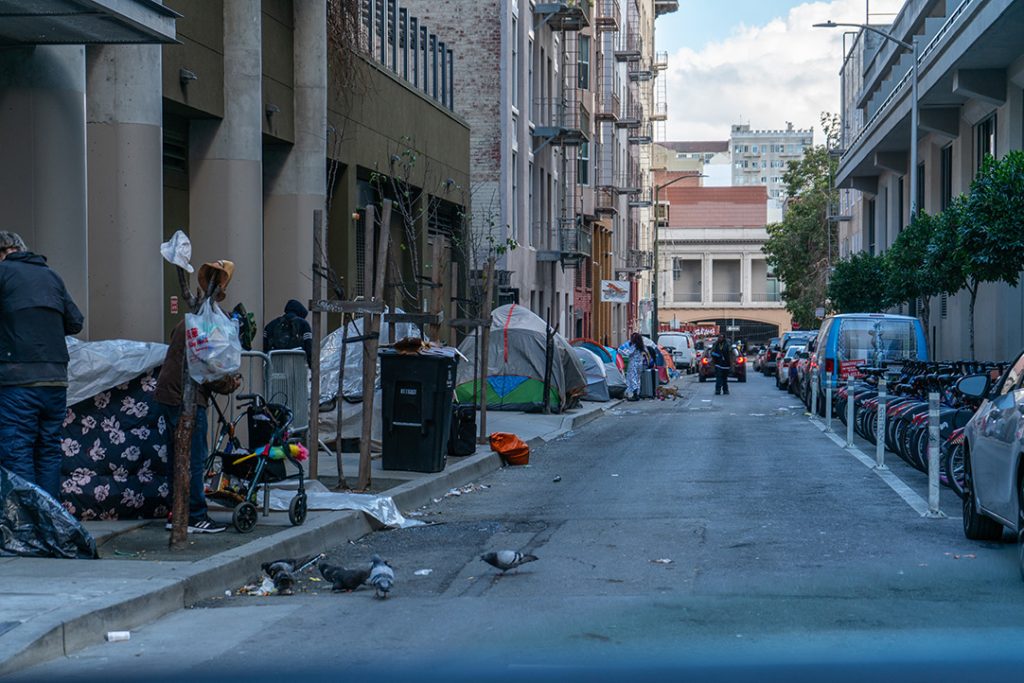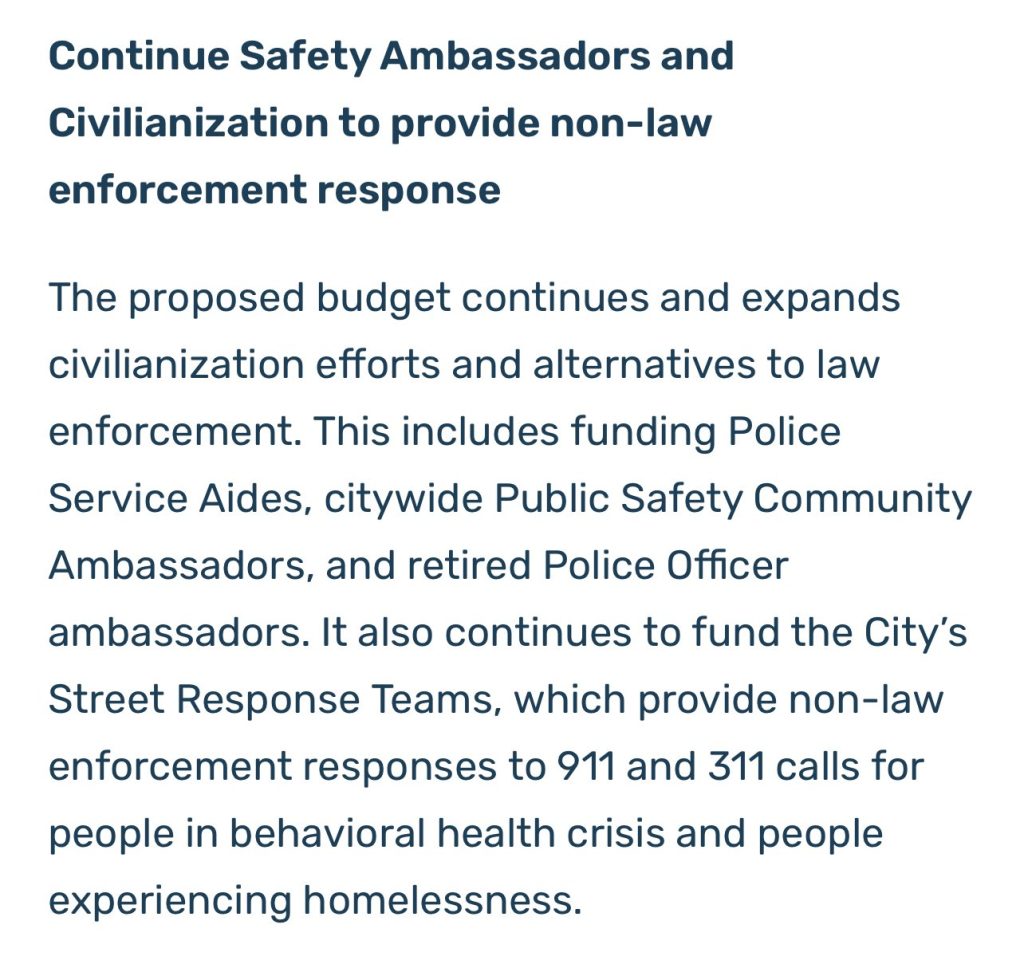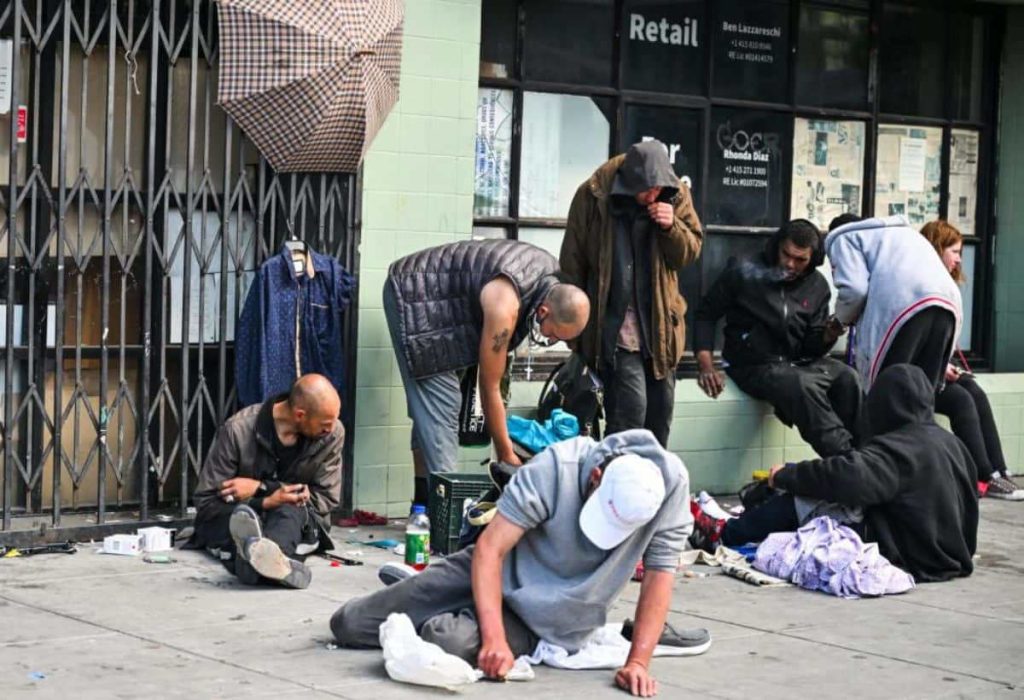San Francisco’s Sheriff’s Office is grappling with a severe staffing crisis, exacerbated by an inefficient and prolonged hiring process that takes significantly longer than neighboring departments. Despite a clear need for more deputies to ensure the safety and functionality of the city’s jails, bureaucratic delays, administrative hurdles, and a lack of support from city leadership have hindered recruitment efforts.
Prolonged Hiring Process
The San Francisco Police Department (SFPD) boasts a hiring timeline of 6 to 8 months, a stark contrast to the 9 to 16 months it takes the Sheriff’s Office to hire a deputy sheriff. According to Sheriff Paul Miyamoto, getting applicants through the office’s background check process alone can take between four to five months. When combined with San Francisco’s notoriously slow civil service hiring process, the total time to hire a new deputy often exceeds a year (San Francisco Needs 4,0…)(Why S.F.’s workforce sh…).
This discrepancy raises questions about the efficiency of the Sheriff’s Office’s internal processes. If a comparable agency like the SFPD can complete its hiring in 6 to 8 months, the extended timeline for the Sheriff’s Office suggests that the problem lies within its own department and decisions. This inefficiency hampers the office’s ability to attract and retain qualified candidates, exacerbating the staffing crisis.
Impact on Jail Conditions
The consequences of this staffing shortfall are dire. San Francisco jails are overcrowded and understaffed, leading to increased violence and chaos. Inmates, many of whom are mentally ill or addicted to drugs, are often left without adequate supervision or support. This has resulted in frequent lockdowns and violent confrontations, further straining the already limited resources of the Sheriff’s Office (SF jails_ Chaos is the …)(San Francisco doesn’t g…).
Former Assistant Sheriff Michael Marcum emphasized that jail inmates are part of the community and deserve better treatment. The lack of adequate staffing and resources not only affects the inmates but also the deputies, who are forced to work excessive overtime to cover the staffing gaps. This reliance on overtime is financially unsustainable and leads to burnout among deputies (San Francisco doesn’t g…).
Inefficiencies and Bureaucratic Hurdles
The current hiring process is riddled with inefficiencies. For instance, background investigators often require three people to verify an address, which is an undue consumption of time and resources. Additionally, there is a limited number of vehicles available for investigators, leading to further delays as they share cars to complete their tasks (240716 Letter to Sherif…).
The Deputy Sheriffs Association has proposed several solutions to address these issues, including employing outside vendors to assist with background investigations, prioritizing high-quality candidates, and offering higher starting pay to new hires. Despite these suggestions, the bureaucratic delays continue to impede progress (240716 Letter to Sherif…).
Lack of Support from City Leadership
Mayor London Breed’s administration has been criticized for not providing sufficient support to the Sheriff’s Office. Despite the pressing need for more deputies, the Mayor has not approved any money for recruiting efforts. During contract negotiations, there were no proposals for hiring incentives, and efforts to eliminate the first step in pay to attract more applicants have been delayed (Letter to Ardis Graham,…)(Mayor London Breed’s Co…)(Letter to Mayor, Sherif…).
The Mayor’s recent budget proposal, while claiming to invest in public safety, has disproportionately favored the SFPD over the Sheriff’s Office. The proposed budget includes funding for four new police academy classes and significant investments in public safety technology, but fails to address the critical staffing shortages in the Sheriff’s Office adequately (Mayor London Breed Prop…). The department that truly got defunded was the Sheriff’s Office and the Sheriff did nothing about it.

Additionally, the Sheriff has the authority to hire entry level deputies at a higher pay step with the approval of funds by the controller, but this has not been implemented effectively. The failure to utilize this provision has further hampered recruitment efforts (Letter to Ardis Graham,…)(Mayor London Breed’s Co…).
San Francisco’s Sheriff’s Office is in the midst of a staffing crisis that threatens the safety and well-being of both inmates and deputies. The prolonged and inefficient hiring process, combined with a lack of political will and budget constraints, has exacerbated the situation. Immediate action is needed to streamline the hiring process, implement proposed solutions, and ensure that the Sheriff’s Office can recruit and retain the necessary staff to operate effectively. Without these changes, the cycle of understaffing and over-reliance on overtime will continue to undermine the safety and functionality of San Francisco’s jails. The city’s leadership must prioritize these reforms and provide the necessary support to address this urgent issue.






